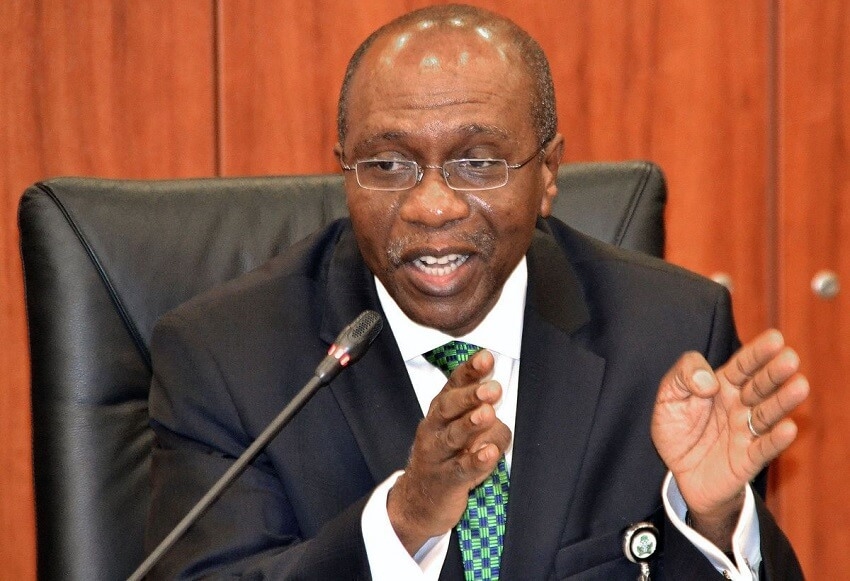 Godwin Emefiele, CBN Governor[/caption]
Godwin Emefiele, CBN Governor[/caption]
State governors have been identified as key players in the success of the Central Bank of Nigeria (CBN) Anchor Borrowers Programme (ABP).
The ABP is government’s policy to help boost food security, conserve foreign exchange, tackle poverty and unemployment in the country.
Since the unveiling of the scheme, the Federal Government through the CBN has invested about N33 billion in 21 states with Kebbi, Cross River, Kano, Jigawa and Anambra, Ogun, Niger, Benue, and Kaduna as pilot states.
Advertisement
Disclosing how state governors can help the scheme succeed, spokesman of the CBN, Mr. Isaac Okorafor, told our correspondent in a chat that the active participation of all the state governments will fast track the economic recovery program of the government and help improve the standard of living of the Nigerian farmer.
“We are impressed with the examples of Lagos and Kebbi. This is a case where the governors of the states took personal interests in the collaborative efforts that produced what we know as Lake Rice. That is why we recorded tremendous success in Kebbi.
“So, for the CBN ABP to work successfully, the state governors must cooperate with the CBN. The personal commitment of the governor of Kebbi was extra-ordinary,” Okorafor said.
On how farmers can benefit from the ABP, Okorafor said it was imperative for farmers across the country to as a matter of necessity “organize themselves into strong and disciplined cooperatives.”
Advertisement
Available statistics show that the CBN intervention has yielded an output of 2.1 million metric tons of rice and over 450,000 metric tons of wheat in addition to provision of over one million direct and indirect rural jobs with the significant improvements in fish, tomatoes, shogun, cassava and maize yields.
According to the apex bank’s spokesman, the “thrust of the CBN Anchor Borrowers Programme is to ensure food security, encourage import substitution, increase the income of farmers, fight poverty and conserve foreign exchange for the country.”
Since its introduction by the present administration in Kebbi state, Nigeria’s rice need put at slightly over six million metric tons but with a paltry local production put at a little over 2 million tons the CBN’s Anchor Borrowers Programme has seen the national output rising to an enviable 4 million tons, while the yield per hectare has increased from less than 2 tons per hectare to 6.5 to 7 tons per hectare.
“With the improvements we have recorded under this program, we project that by 2018, Nigeria should be able to meet its rice needs”, Okorafor said, adding that the “good thing about this program is that no political farmer has access to it. All participants are geo-physically enumerated. Every farmer must have at least a hectare of farmland that must be identifiable on satellite with his or her complete identity through the Bank Verification Number (BVN).”


